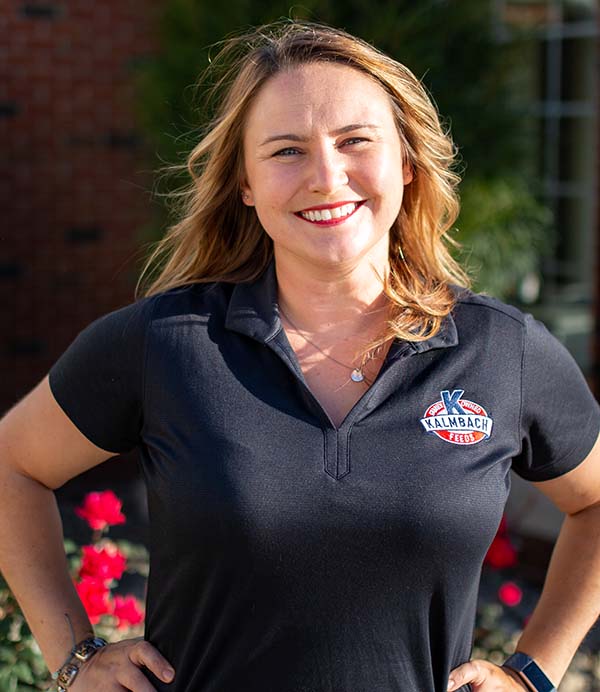Goat Management: Maintaining Wethers and Easy Keepers

Diets are hard. Diets are especially hard when you have soft little muzzles begging you for treats. As difficult as it is, managing your herd so that they don’t become overweight is just as important as managing your herd so that they don’t become underweight. Over conditioning can cause a myriad of issues ranging from poor reproductive health, lameness, and increased susceptibility to disease. Small and Dwarf breeds as well as mature wethers, are most susceptible to reaching an unhealthy body weight. Below are some pointers that will help you feed to your goat’s body condition.
Assess Current Body Condition
Assessing body condition can be done by completing a quick visual inspection and by running your hands over your goats’ chest and back. When goats are a little on the thin side, their backbone is more prominent, ribs are visible, and there is little or no fat on the sternum/chest. Goats that are a little on the heavy, over conditioned side, tend to have a rounded appearance with few or no bones visible and significant fat cover across their sternum. For more detailed instructions on assessing body condition and learning how to determine body condition score, check out this article: Understanding How to Evaluate Body Condition in Your Goat Herd.
Limit Treats
Even for goats at a healthy bodyweight, treats should always be limited. Picture this – You’re seven years old and just finished trick-or-treating. You have a bag full of candy and you’ve eaten two pounds of mini Twix bars. Your mom has dinner on the table and you don’t even touch it. Goats are the same way. Treats are a wonderful training tool and can help you strengthen your bond with your goat. BUT, they are not meant to be a dietary staple. Over feeding treats will ultimately result in a decreased amount of fortified feed being consumed, which can lead to your goat not getting the proper amounts of vitamins and minerals.
Hay for Easy Keepers
For easy keepers and dwarf and pygmy breeds, the calories and energy found in complete feeds are often not needed. These guys will do well on a good quality mix hay. When selecting hay for your livestock, consider the type of forage that it is. Legumes, like alfalfa, tend to be higher in protein, calcium, and overall richness. This can sometimes be too much for your goats. Grass hay, like timothy and orchard grass are lower energy, but still provide quality fiber and fill. For goats who primarily rely on hay or pasture, it is important to supplement their diet with a high quality free-choice mineral to make sure that all of their nutritional requirements are met.
Meeting Nutritional Requirements
Providing free-choice mineral is one management practice that benefits all classes of livestock, in every stage of life. Whether feeding picky eaters, easy keepers, goats in groups, or goats on pasture, a well-fortified mineral will provide you with the extra insurance that your herd is getting everything that they need nutritionally. Minerals can be offered in loose form, tubs, or blocks.
